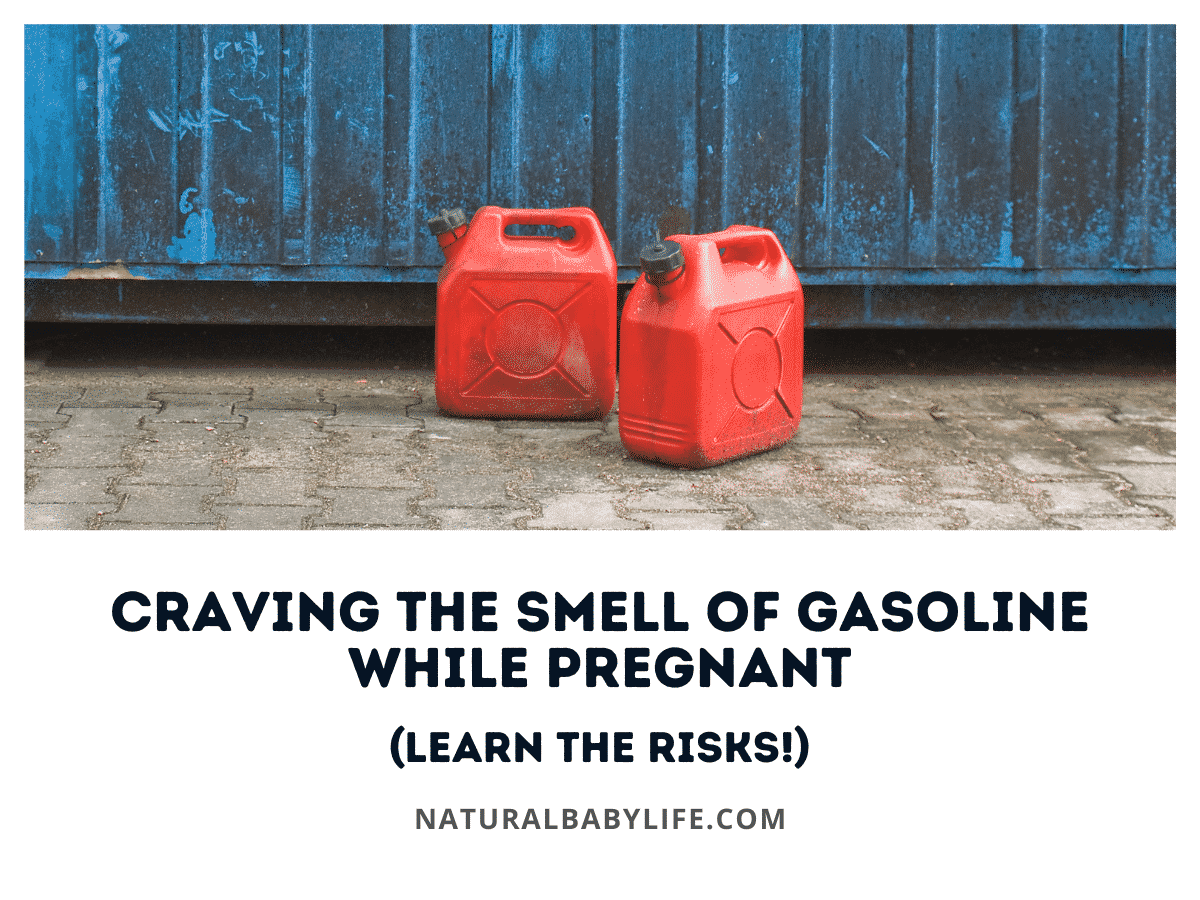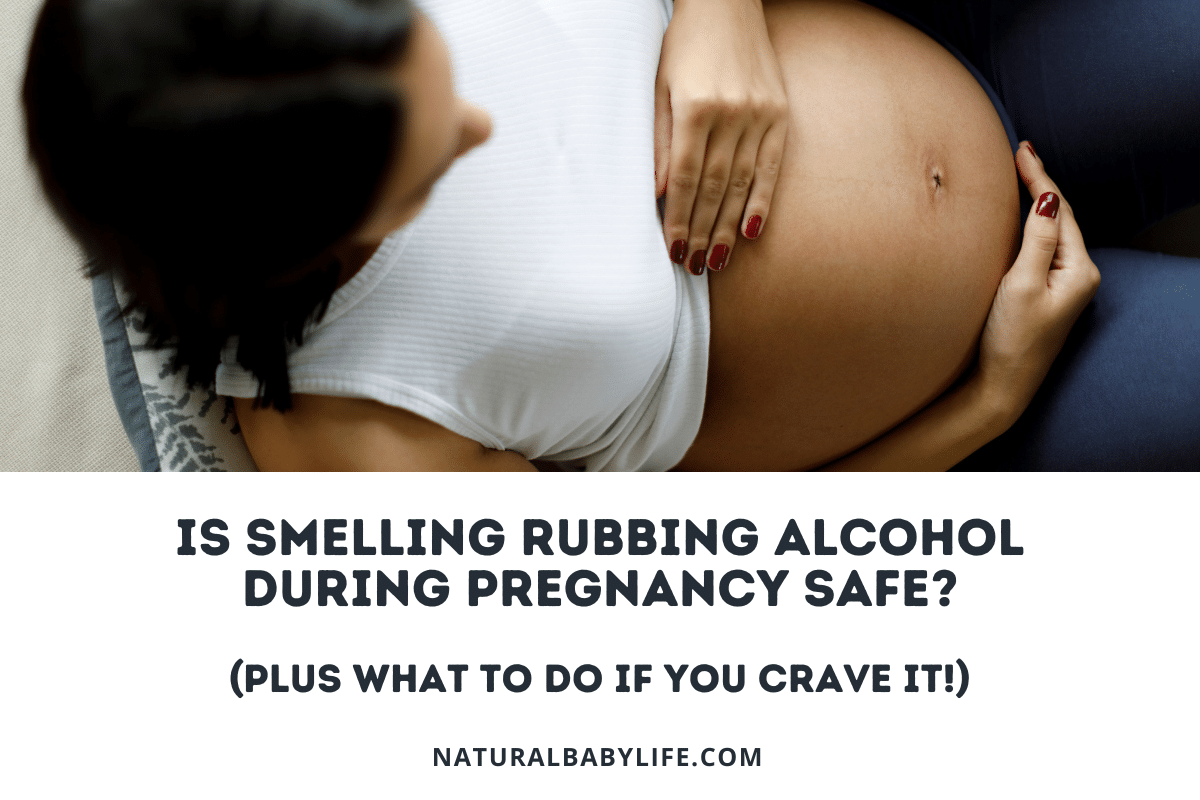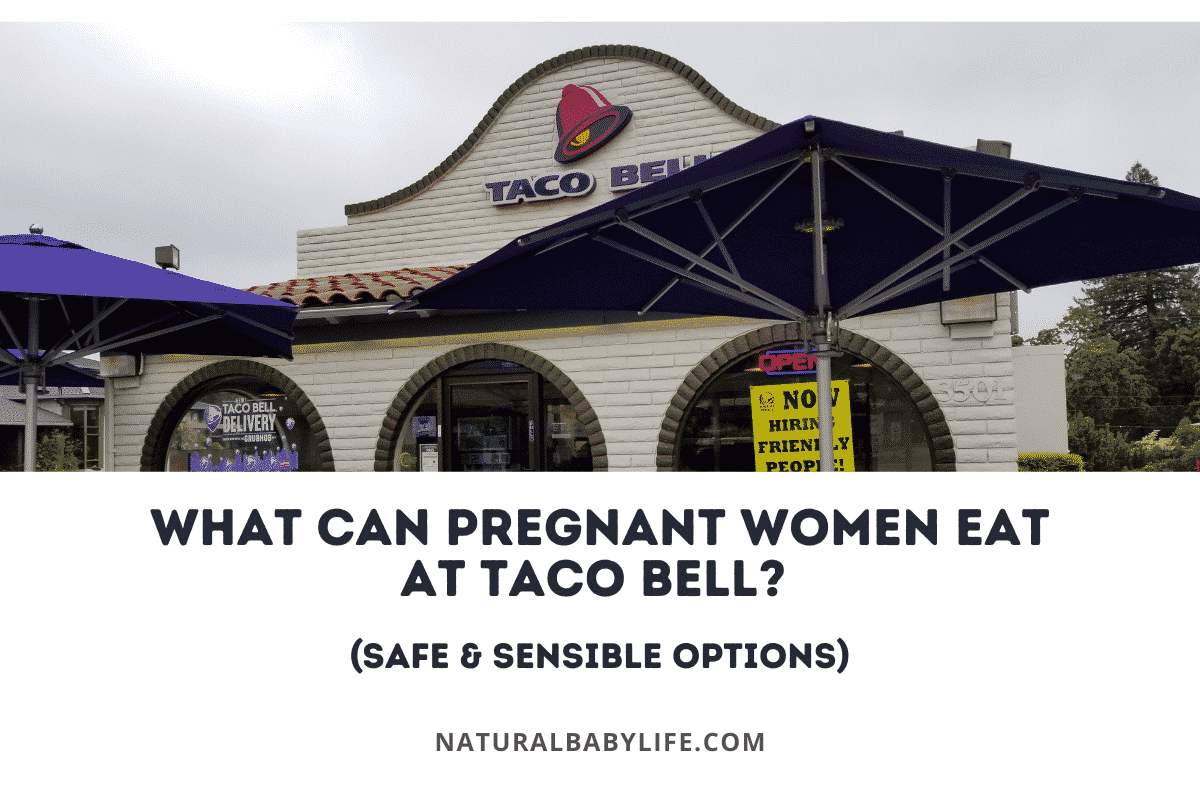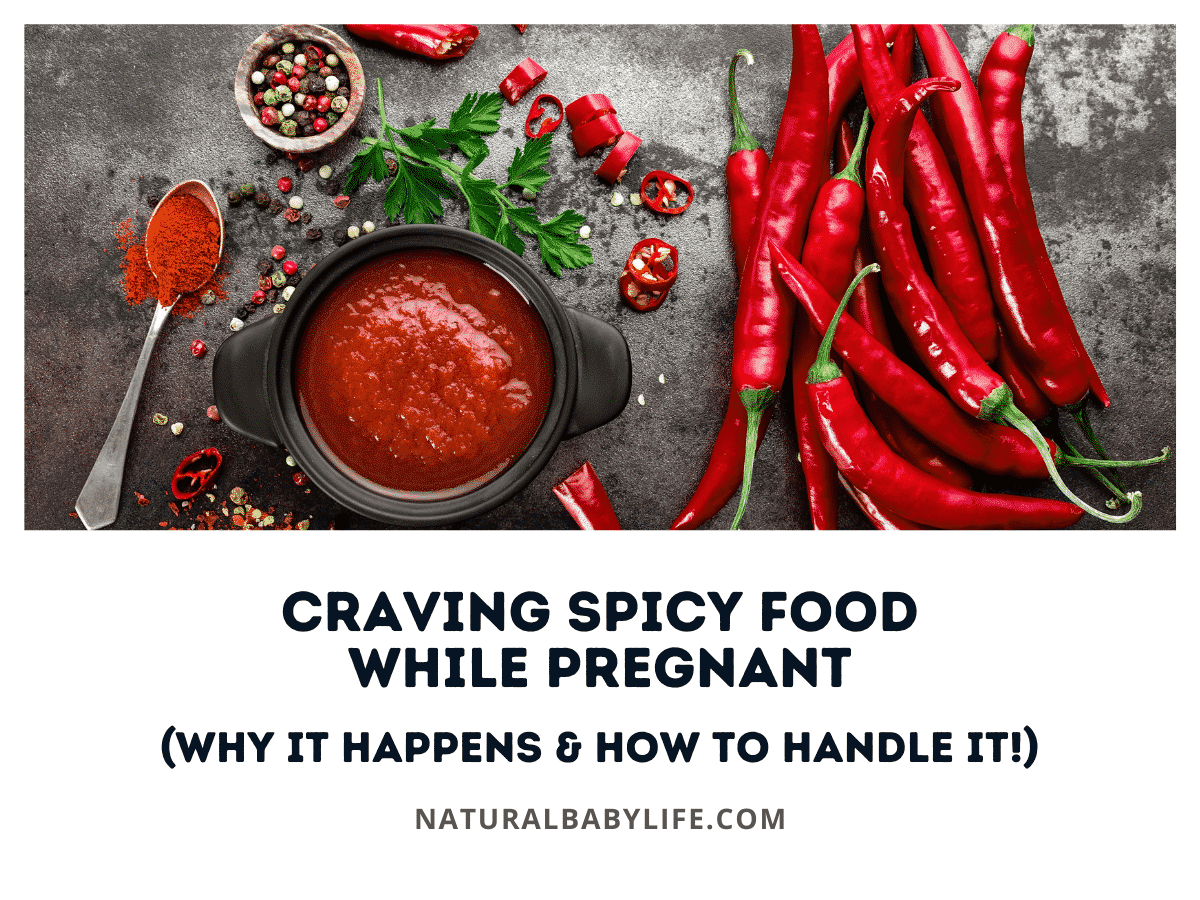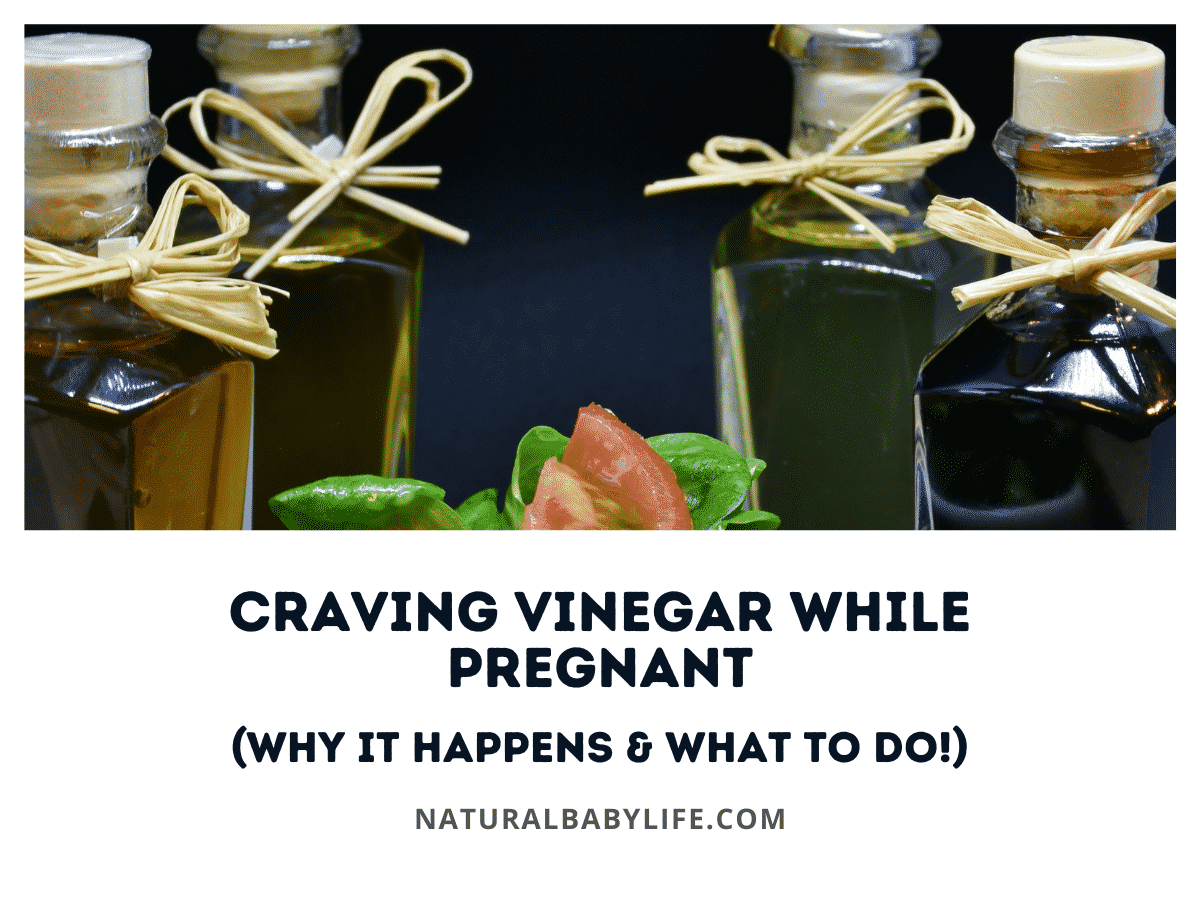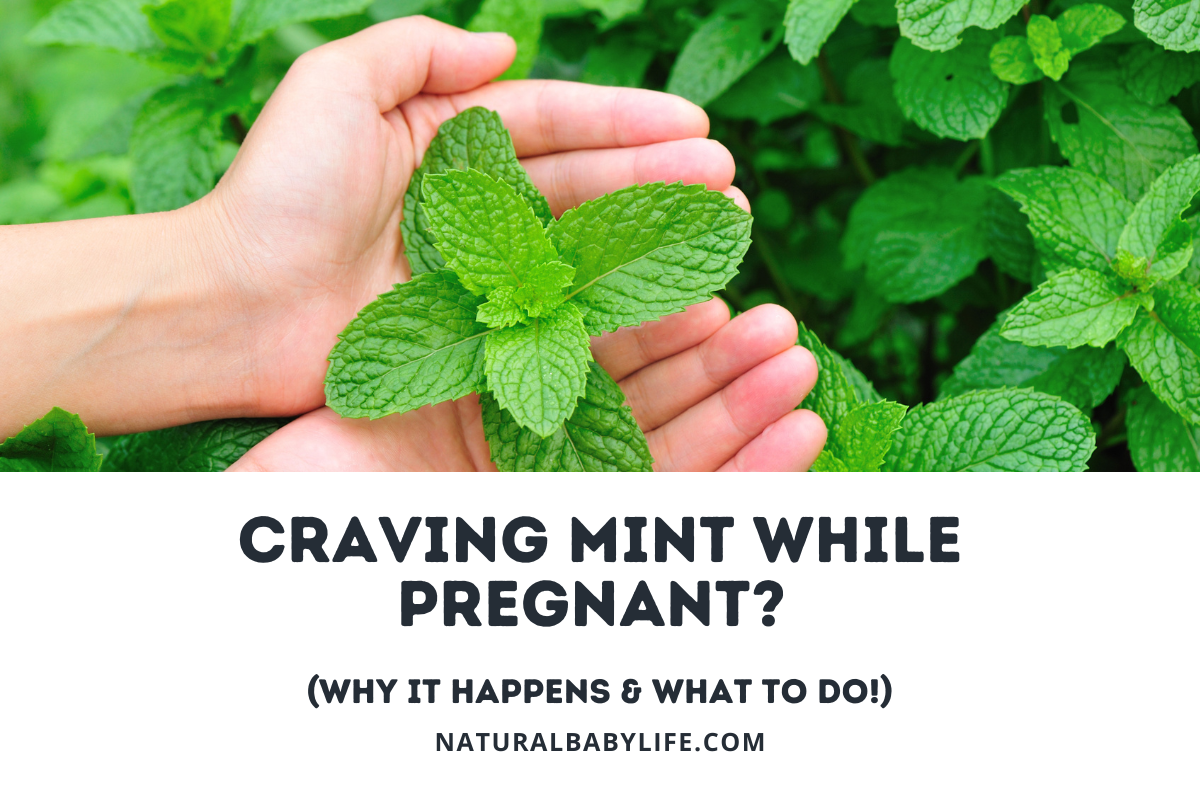Everyone knows that pregnant women are notorious for having weird cravings (pickles and ice cream, anyone?). While weird foods are usually innocuous, others, like craving the smell of gasoline while pregnant, can be more dangerous.
Cravings for smells – including gasoline – are nearly as common as food cravings. While it is generally accepted that it is safe for pregnant women to pump gas, excessive exposure to gasoline fumes can cause kidney, liver, or brain damage, and the death of the mother. The baby can suffer from low birth weight, stillbirth, and other effects.
Read on to learn why pregnant women crave the smell of gasoline, how it may be related to pica, and the potential risks of smelling petrol during pregnancy.
Table of Contents
Why am I craving the smell of gasoline while pregnant?
There are many aspects of pregnancy that are not well understood, even after millions of years of pregnancy and childbirth. No one fully understands why women nest, feel more forgetful – or have cravings.
Craving for certain smells is known as desiderosmia, a term coined in 2016 to describe a desire for certain scents, sometimes found in patients during pregnancy. It may be associated with other pregnancy-related conditions like iron deficiency anemia or pica, but sometimes desiderosmia stands alone.
People with desiderosmia, including pregnant women, most frequently crave strong or chemical smells – things like window cleaner, nail polish, charcoal, and gasoline. One related issue is iron deficiency anemia, which is common in 15-25% of pregnancies. People with anemia often have unusual cravings, including smells.
Pica, which occurs in about a fourth of pregnancies worldwide, can also cause strange olfactory cravings.
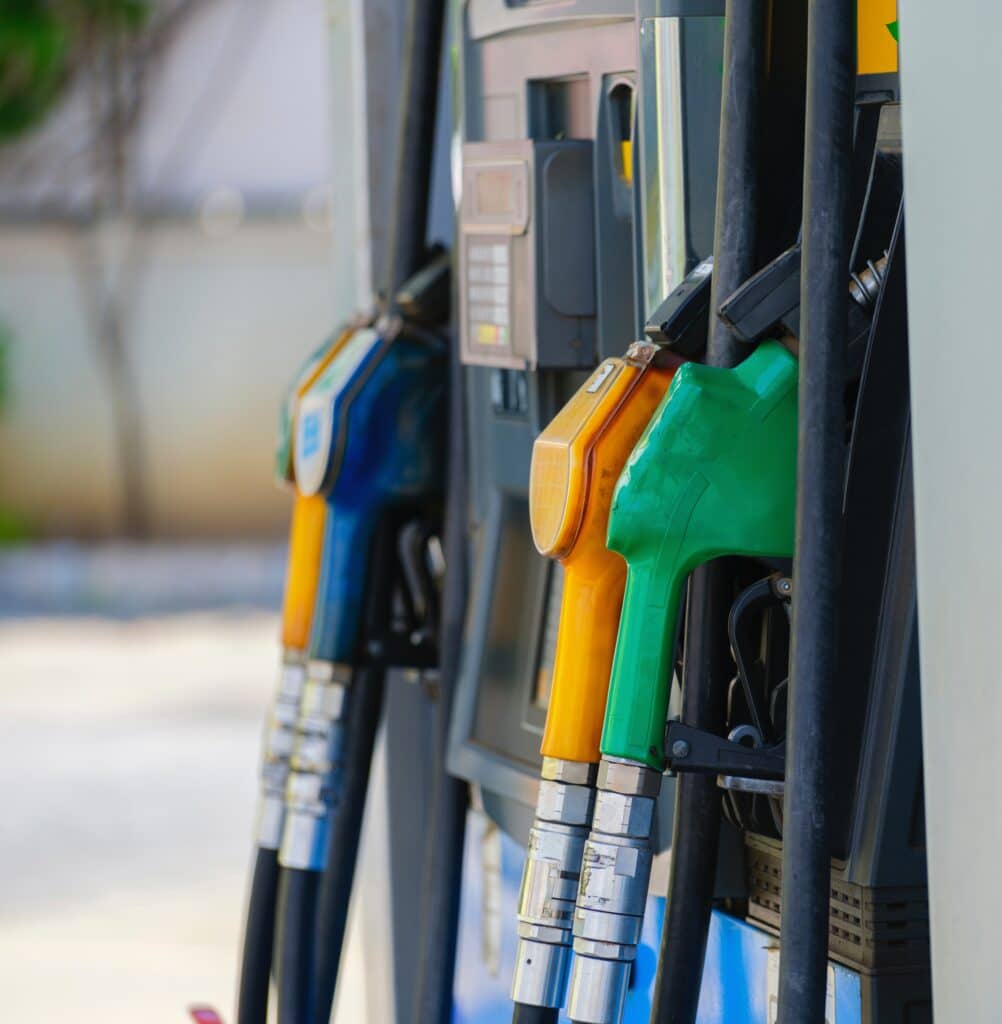
Is it normal to crave smells during pregnancy?
We all know that food cravings are common during pregnancy, and often with good reason – certain foods provide us with vitamins, protein, carbohydrates, or other nutrients we need. And sometimes they just sound yummy! But are smell cravings normal, and why do we desire certain scents?
We do know that olfactory cravings, or desiderosmia, can be normal for anyone, but especially for pregnant or iron-deficient women.
Scientists aren’t entirely sure why particular smells are desirable in general, or why some are off-putting, so it’s hard to understand why we want to smell certain things like gasoline. If you have a strong desire to smell gasoline during pregnancy, you are not alone.
But it is important to be on the lookout for signs of associated iron deficiency or pica and to avoid sniffing or huffing gasoline due to risks to yourself and your baby.
What is iron deficiency anemia?
Pregnant women are at greater risk of iron deficieny anemia than the general population. It refers to the shortage of red blood cells to deliver oxygen throughout the body.
During pregnancy, your body needs more iron to make more blood and carry oxygen to your baby. Besides making you feel more tired, iron deficiency can also increase the risk of your baby having a low birth weight.
Your doctor routinely checks your iron levels during pregnancy, but be sure to report any craving concerns or unusual fatigue.
What is pica and can it cause olfactory cravings?
Pica during pregnancy may be an underestimated issue.
Research is limited, but current statistics state that anywhere from about 8% to up to 84% of pregnant women experience some level of pica.
Some forms, like eating ice, are relatively benign (though your dentist may disagree), but other forms of pica may be more inherently dangerous, like ingesting cleaning chemicals, cigarette ashes, or charcoal.
Pica may be associated with olfactory cravings, though sometimes cravings for scents occur outside of pica or iron deficiency. Research has not yet fully understood the relationship between pregnancy, olfactory cravings, and pica.
Some women who have had pica report that their disorder progressed from smell cravings to eating unusual items. However, polls show that over half of pregnant women have olfactory cravings, but most do not eat non-food items.
What happens if you inhale gasoline while pregnant?
Common sense might tell you that smells are generally harmless and cannot cause much harm, as long as your exposure is limited. As a pregnant mother, however, you might be concerned about what happens if you inhale gasoline fumes during pregnancy.
Generally, it is accepted that it is safe for pregnant women to visit the gas station and pump their own gas. Exposure to fumes in this setting is short-term and low-level. However, intentional sniffing of gasoline fumes can be dangerous to both mother and baby.
Gasoline is a solvent, and inhaling solvents can be dangerous to the pregnant mother and her unborn baby. Potential risks to you as the mother include kidney, liver, and brain damage, and even death.
Major health problems may occur, and there is a risk of addiction, which will impact your social relationships. It is wise to limit your exposure to gasoline fumes during pregnancy, though it is okay to visit the gas station and pump your own petrol.

Can the smell of gasoline harm the fetus?
While most people are aware of some of the dangers of huffing in general, many do not realize that intentionally sniffing gasoline may harm the fetus in pregnant mothers.
Pregnant mothers can rest assured that routine visits to the gas station are entirely safe. The risk of harm to the fetus arises when pregnant mothers intentionally inhale gas fumes, even if the intention is to enjoy the smell and not to get high.
There are multiple risks to the fetus with intentional sniffing, or huffing, of gasoline fume, including:
- low birth weight
- Apgar scores lower than 7
- stillbirth
- some research has found a link between fetal exposure to gasoline fumes and leukemia
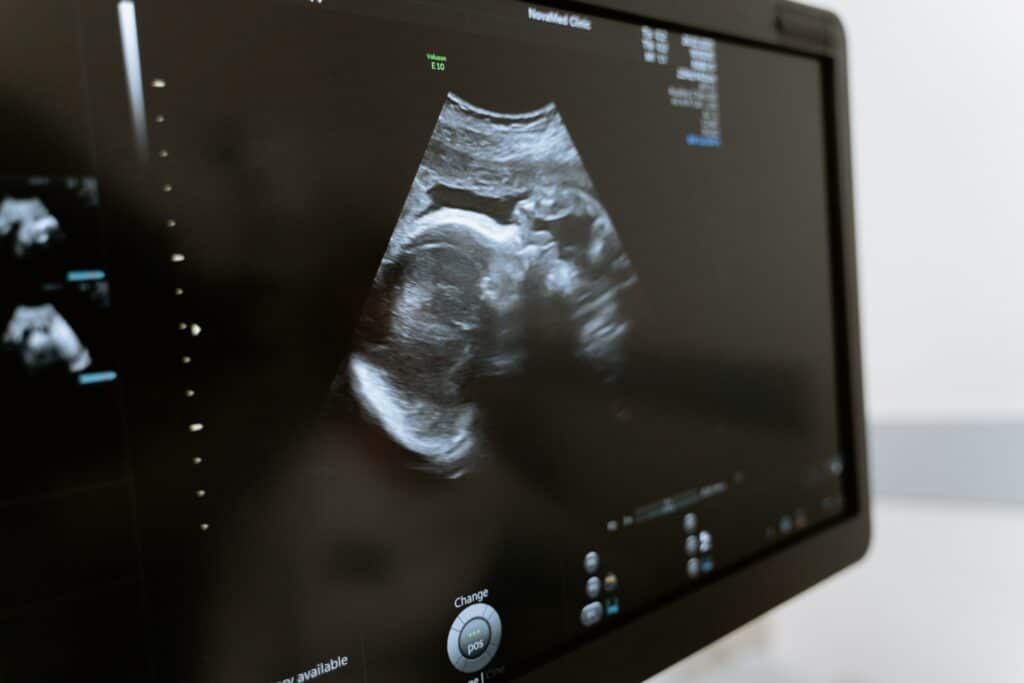
Conclusion
Go ahead and enjoy the smell in the air when you visit the gas station but do not purposefully expose yourself to gas fumes more frequently or inhale them intentionally. Pumping gas is considered safe during pregnancy, but excessive exposure is not.

